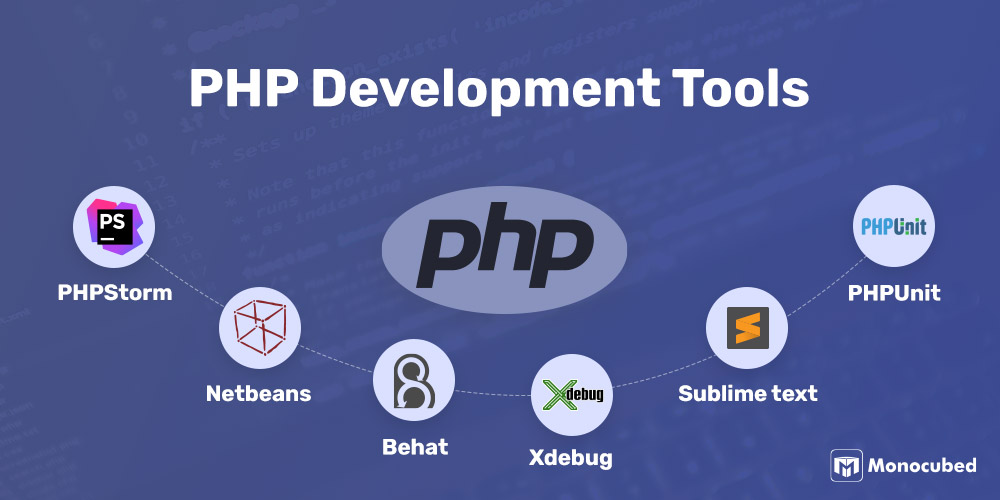Tech Versum: Explore the Future of Technology
Dive into the latest trends and innovations in technology with Tech Versum.
PHP Development: Where Code Meets Chaos
Dive into the wild world of PHP development, where code ignites creativity and chaos sparks innovation! Unleash your coding potential today!
5 Common PHP Development Mistakes: How to Avoid the Chaos
When delving into the world of PHP development, many developers unknowingly fall into common traps that can lead to chaos in their projects. One major mistake is neglecting input validation. Failing to validate user input not only compromises the security of your application but can also result in unexpected behavior. Always ensure that your application checks and sanitizes user inputs to prevent issues such as SQL injection or XSS (Cross-Site Scripting).
Another frequent error is ignoring error handling. Developers often overlook the significance of proper error handling, which can lead to difficulties in debugging and maintaining the code. Implementing comprehensive error handling allows for clearer insights into issues when they arise. Utilizing tools like try-catch blocks and logging error messages can dramatically enhance the stability and maintainability of your PHP applications.

The Future of PHP Development: Trends, Tools, and Techniques
The future of PHP development looks promising as the language continues to evolve and adapt to modern web development trends. With the rise of frameworks such as Laravel and Symfony, developers are increasingly leveraging these tools to create robust and scalable applications. Moreover, the integration of PHP with emerging technologies like APIs and microservices has made it a versatile choice for building dynamic web applications, ensuring that developers can keep pace with user demands and market changes.
In addition to frameworks, the future of PHP development is also leaning towards the usage of containers and cloud services to streamline deployment processes. Tools such as Docker and Kubernetes are revolutionizing how PHP applications are deployed and maintained. As we look ahead, incorporating best practices like test-driven development (TDD) and embracing CI/CD pipelines will be crucial for developers aiming to enhance code quality and efficiency. As these innovations reshape the landscape, staying informed about the latest techniques and tools will be vital for any PHP developer.
Is PHP Still Relevant in 2023? A Deep Dive into Its Role in Web Development
As we step into 2023, the question on many web developers' minds is: Is PHP still relevant? Despite the rise of modern programming languages and frameworks, PHP continues to hold its ground as a major player in the web development landscape. According to recent studies, over 77% of websites still use PHP, including some of the most popular content management systems like WordPress, Joomla, and Drupal. This enduring presence signals that PHP is not just a relic of the past; rather, it has evolved significantly to meet the demands of contemporary web applications.
One of the key reasons for PHP's persistent relevance is its robust ecosystem. With a plethora of frameworks such as Laravel, Symfony, and CodeIgniter, PHP developers can create scalable and maintainable applications efficiently. Moreover, the integration of tools like Composer and advancements in performance through PHP 8, which introduced features like JIT compilation, reinforce PHP's capabilities for modern web solutions. Thus, while new technologies emerge, PHP remains an essential component of the web developer's toolkit, ensuring its relevance in 2023 and beyond.